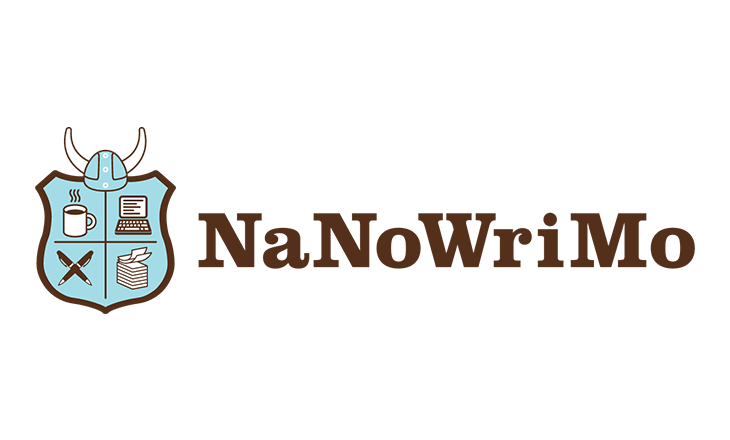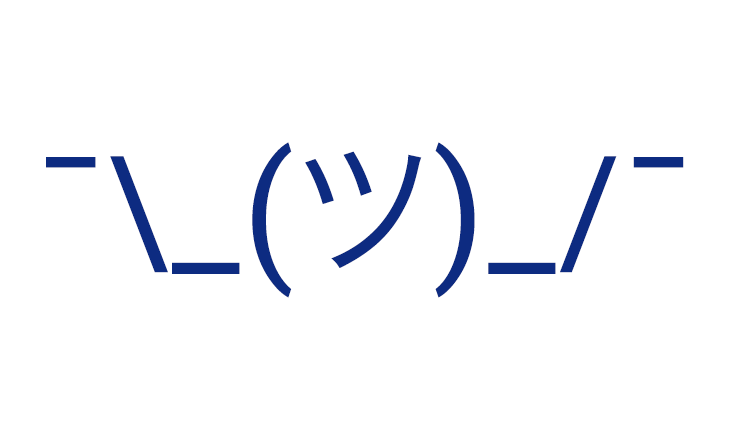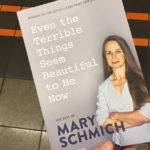I had a bad habit at a job that I hated. I used to buy books off of Amazon. It wasn’t bad because of Amazon’s corporate practices but because it was a waste of money. Anytime I saw something interesting that I would like to have read rather than something I would make the time to read I would buy it. And that is how I came to have shelves and shelves of unread books in my apartment, all of which eventually made it to Housing Works in a cardboard box.
One book that I bought during this frenzy (before I learned to make an Amazon wishlist) was No Plot No Problem by Chris Baty. I bought a lot of books on writing during this time though I rarely wrote, perhaps because I wasn’t reading the books that were supposed to get me to write. I didn’t know how to write plot, so, I thought this book would teach me a brilliant trick to get me around that somewhat significant stumbling block in the fiction writing process.
Alas, it did not. It turns out that the book wasn’t about technique, it was really about this thing called National Novel Writer’s Month, NaNoWriMo for short. The goal is to write a novel in the month of November totaling at least 50,000 words. It focuses on word count, rather than brilliant prose.
I liked this idea. Writer’s block is essentially the fear of not writing something great. So, in order to write, change your focus. Write imperfectly and watch your novel take shape. November is a great month for it because it’s thirty days, so that breaks down to 1,667 words per day to get to your goal.
It’s not a coincidence that this is on my mind the day after the marathon because NaNoWriMo teaches you to set out to do something crazy and to finish.
I did it twice, I believe in 2004 and 2005. If not, then ’05 and ’06. It was a great exercise but all these years later I realize that it was just an exercise. I wasn’t really writing well. I was just writing a lot. I read an anecdote in yet another writing book. The author was talking about tennis and how someone said to him, “I have ten years’ experience playing,” and he said, “No, you have one year of experience ten times.”
I have no idea what I wrote. I don’t even want to know. I was still in my twenties when I did it so I’m sure it was about a twenty something white guy living in New York who wants to do more with his life. It wasn’t good or interesting fiction. It probably wasn’t even good or even grammatically correct writing.
I did do it, though.
I’m also thinking about NaNoWriMo because of this blog and how I’ve committed to write every day this year. First of all, I’ve missed seventeen days thus far and, as I learned while doing NaNoWriMo, if you miss a day, catching up becomes a nightmare. I have less than two months to make up those seventeen posts.
I’ve also been feeling lately that I’ve just been cranking out words here without much behind them. My girlfriend made the observation that some of the entries have been reading like a diary. She’s not wrong. I’ve been writing the non-fiction version of a forty-one year old white guy living in New York documenting his life. It’s not always interesting and it can get pretty repetitive.
Another book on writing that I bought was called One Continuous Mistake. I never finished that one but I’ll paraphrase the one idea that resonated with me. If writing is your practice, the only way to fail is to not show up to your practice. Put another way, if I’m dissatisfied with my writing, all I can really do is write through it. I’m not going to not write.
What NaNoWriMo and running both taught me is that when you push yourself to keep doing something, it’s not that it necessarily makes it easier to keep doing it but it makes you want to return to doing it.
Put yet another way: keep writing, asshole.




